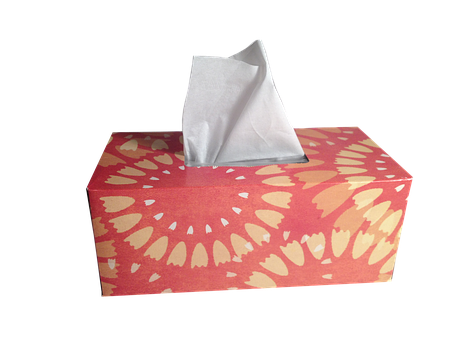How to Stay Healthy when Caring for a Sick Parent

Are you 1 in 3 of US adults who is an informal caregiver? Now that fall is in the air, you may be facing the privilege of caring for a sick parent. Keep in mind that a study from the Massachusetts Institute of Technology noted that germs from one sneeze can travel from 19 to 26 feet. And these germs travel fast: a sneeze can zoom at about 100 miles per hour. Which means that getting away from someone when they sneeze just about impossible. So what can you do to stay healthy when taking care of a sick parent?
Personal Hygiene
- Stop the germs in their tracks by encouraging anyone sick parent to cough or sneeze into the crook of their elbow.
- Wash your hands with warm water and soap often. Lather for 20 seconds—that’s about the amount of time it takes to sing Happy Birthday.
- Keep your hands away from your nose, mouth, and face. To wash your hands properly, use warm water and soap. If soap and water aren’t available, you can use hand sanitizer with at least 60 percent alcohol. However, know that hand sanitizer doesn’t kill all germs.
- Disinfect hard surfaces such as countertops, tables, refrigerator handles, doorknobs, and faucets, computers, laptops, and phones. Use disinfectant, disinfecting wipes, or quarter-cup of bleach mixed in 1 gallon of water.
- Keep your distance by stocking your parent’s room with things that they need so that you need to spend less time together. Think: books, magazines, phone, tissues, medicine, and bottles of juice of water. This way, you stand a chance of staying out of reach of their germs.
Caring for Yourself
- Remember to get a flu shot because this is one of the surest ways to stay well.
- Try to find even just a few minutes a day for yourself. You can take a short walk, meditate or try some stretching exercises. The aim is to do something that lowers your stress so that you can take care of your loved one.
- When you are overworked and tense, you may have trouble falling asleep. this is a common sign or caregiver burnout. Relaxation exercises, such as deep breathing, may help you at bedtime. If your loved one sleeps during the day but is awake much of the night, try to take naps.
- Vitamin C supplements might make a cold shorter and milder after you get one, but they can’t keep you from getting sick. So take care of your immune system by eating well. Aim for salads and fruits even if you’re tempted to take a short cut and hit the junk food. Try to fit in a short walk or any other exercise that you enjoy.
